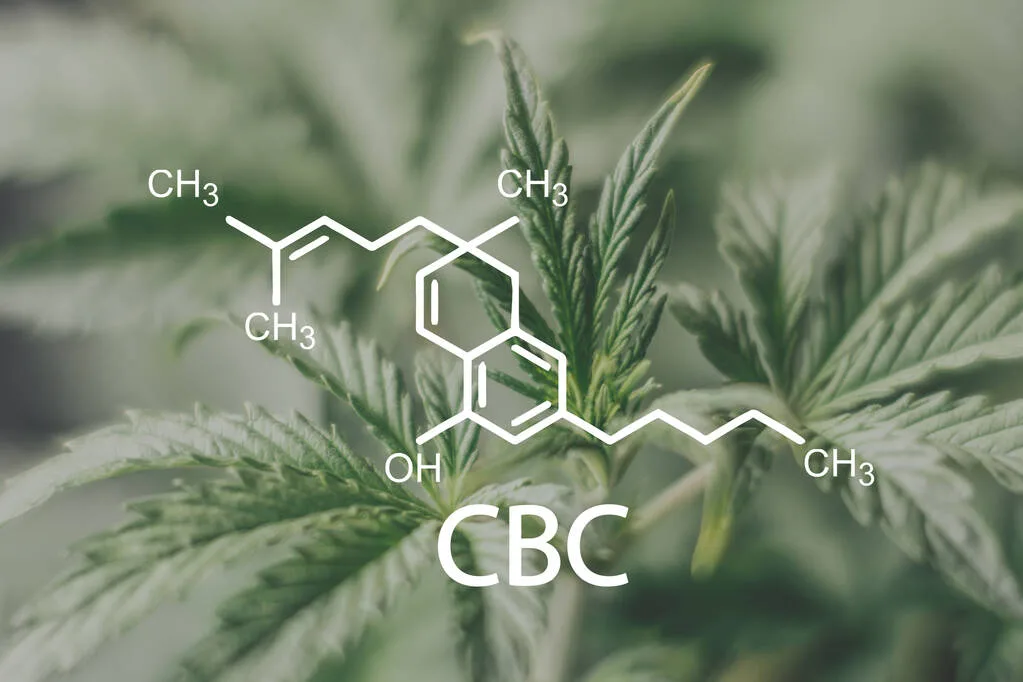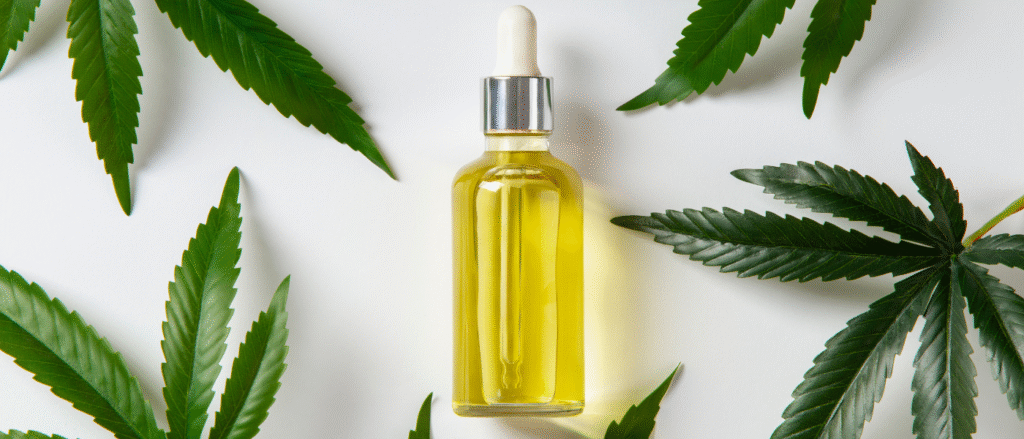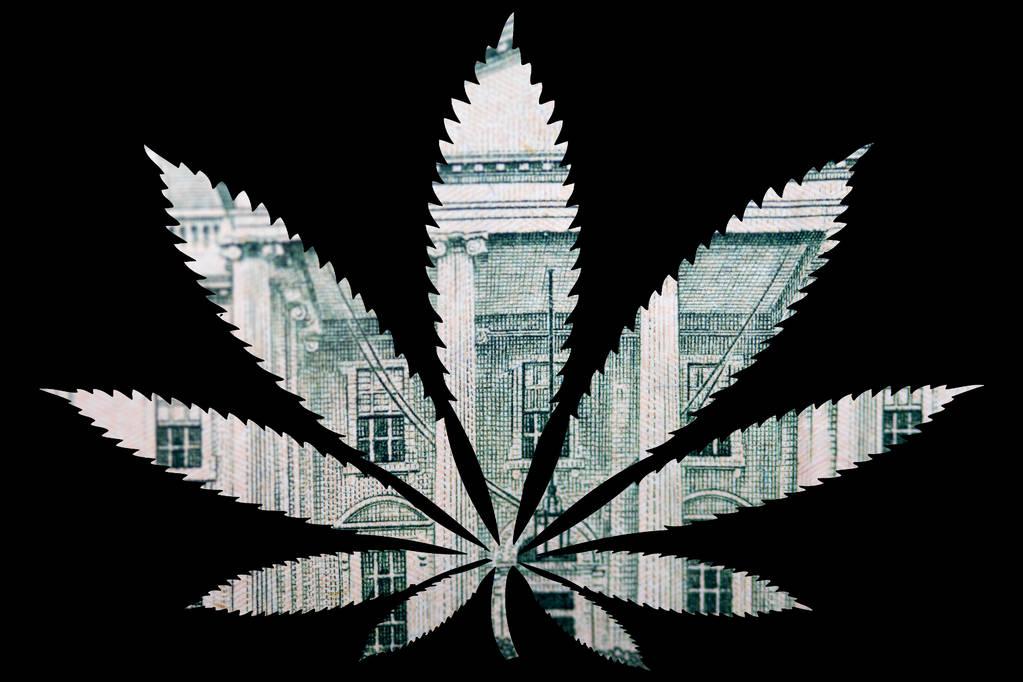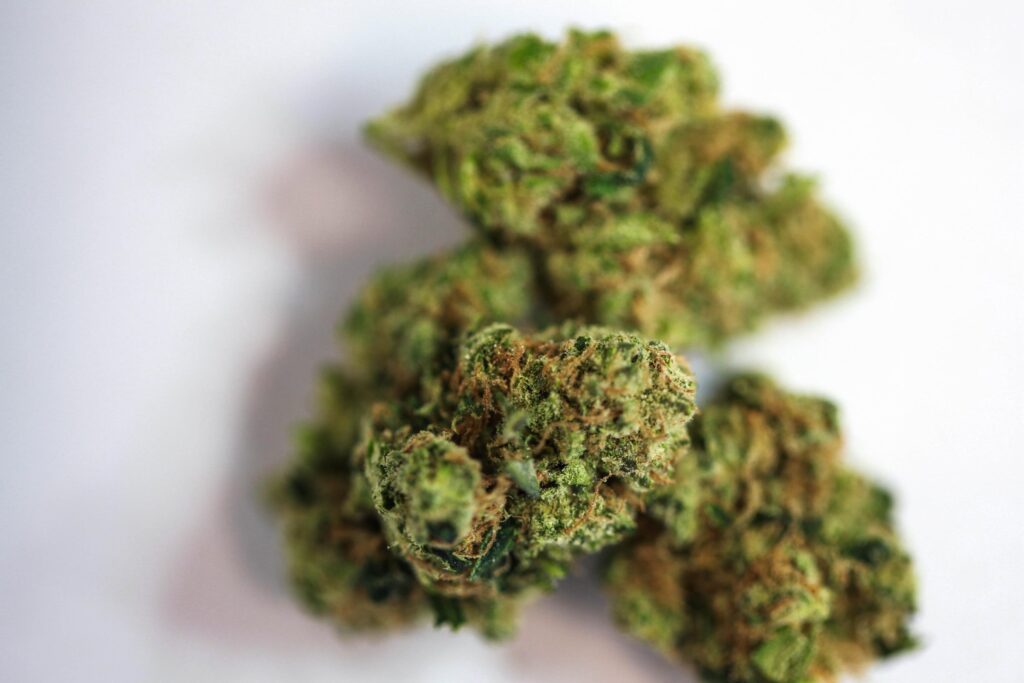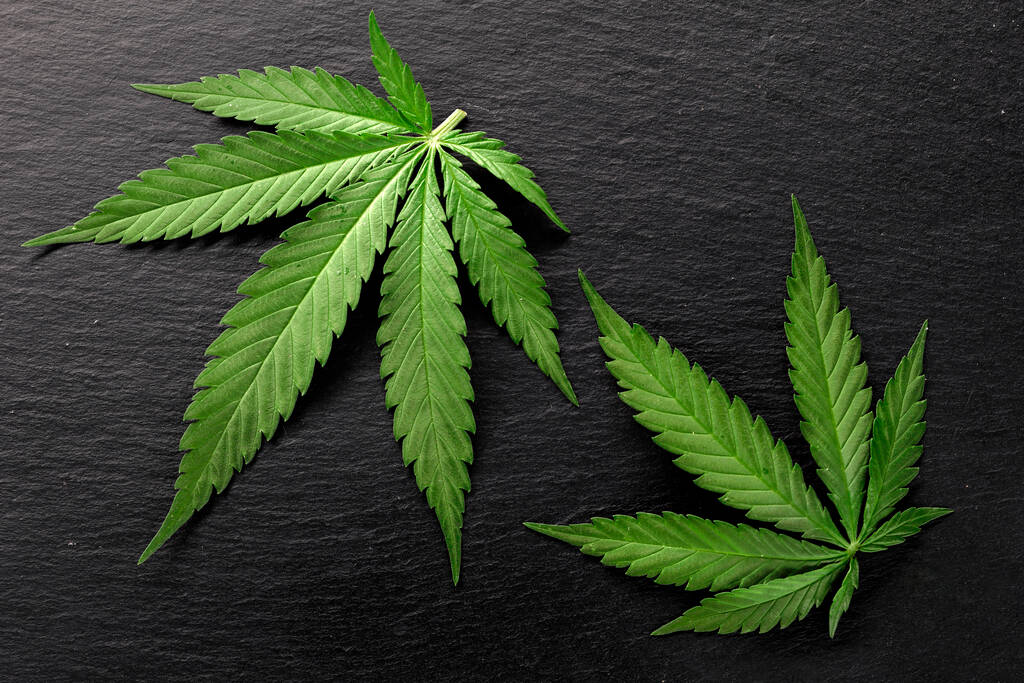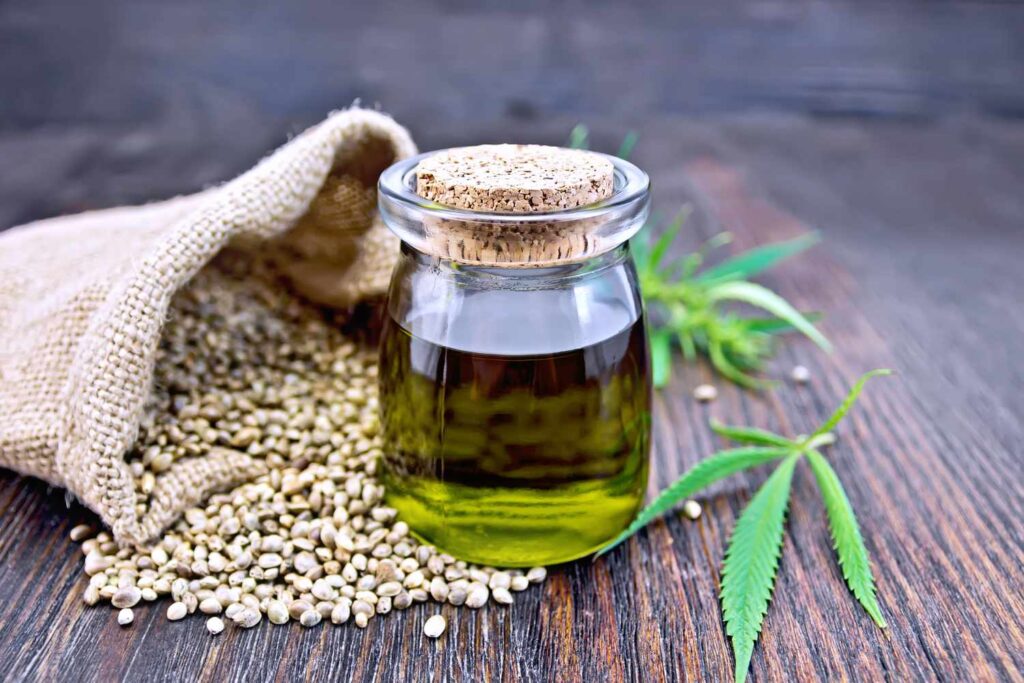The Delaware House Economic Development/Banking/Insurance & Commerce Committee has approved a bill to create a regulatory framework for the production and sale of hemp-derived THC-infused beverages.
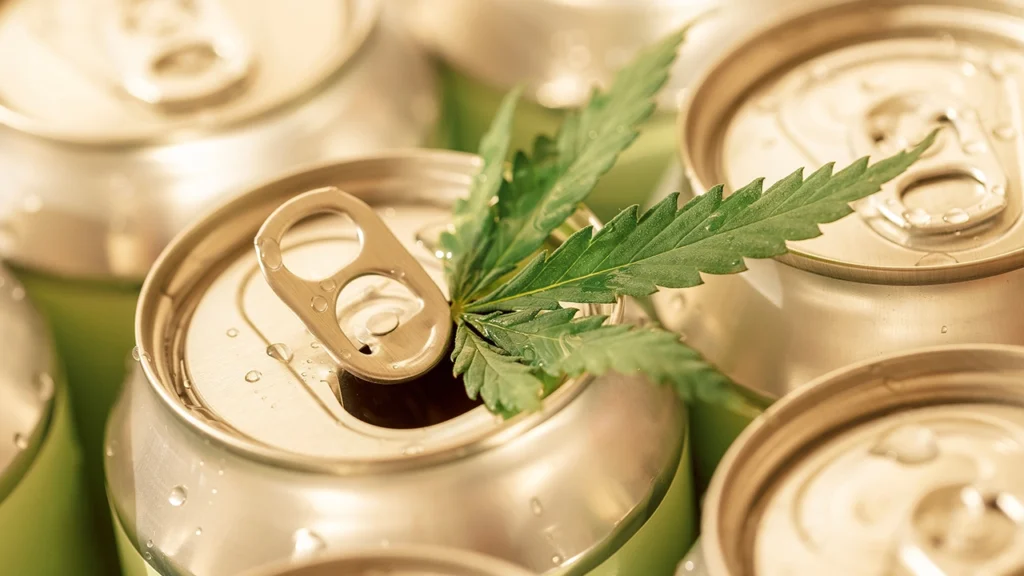
House Bill 98 was filed on May 7 and cleared committee today, just six days later. The proposal would allow licensed marijuana product manufacturers and licensed alcohol manufacturers to obtain an “infused beverage endorsement” authorizing them to produce beverages containing up to 10 milligrams of THC per container. Out-of-state manufacturers would also be allowed to ship products into Delaware, but only through licensed warehouses.
Retail sales would be limited to licensed package stores, which must apply for authorization to sell the products. These retailers would be required to store infused beverages on separate shelves from non-THC items and post clear signage indicating the presence of THC.
Continue reading

